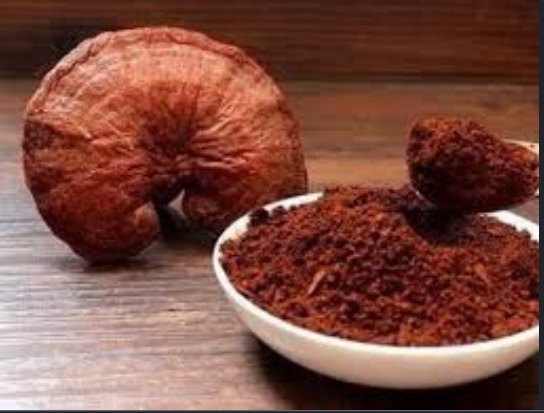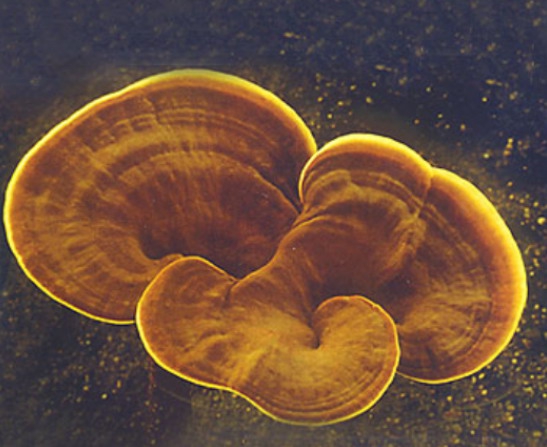The anti-tumor effect of Ganoderma lucidum has always been a hot spot for researchers. Its mechanism of action is more complicated, and related literature reports are also more. Most scholars believe that Ganoderma lucidum polysaccharide is the main chemical basis for Ganoderma lucidum to exert anti-tumor effects. The anti-tumor effect of Ganoderma lucidum polysaccharides is related to the molecular structure of polysaccharides. When the relative molecular mass of polysaccharides is greater than 10,000 daltons, it shows a strong inhibition effect on tumors.

Ganoderma lucidum polysaccharides can induce or promote the phagocytosis of macrophages, enhance the activity of natural killer cells, increase the conversion rate of lymphocytes, promote the formation of immunoglobulins, enhance the immune regulation of the body, and improve the body’s own disease resistance. En même temps, Ganoderma lucidum can also enhance the body’s tolerance to radiotherapy and chemotherapy, so as to achieve anti-tumor effect. Polysaccharide is a component of the cell wall that strengthens normal cells against carcinogens. Other studies have shown that polysaccharides can also inhibit the release of allergic mediators, thereby blocking the occurrence of non-specific reactions, thus inhibiting the metastasis of cancer cells after surgery.

The inhibitory effect of Lingzhi fruiting body extract on liver cancer is 60.34%. En même temps, it can reduce the activity of glutamic oxalacetic transaminase and glutamic-pyruvic transaminase in tumor tissue and serum, and also inhibit the proliferation of human cancer cell line TC26. It has also recently been found that the alcohol extract of Ganoderma lucidum spores has a direct inhibitory effect on the growth of cancer cells in vitro.

A large number of animal experiments have proved that Champignon Reishi has anti-tumor effect, and its anti-tumor mechanism may be host-mediated, c'est, inhibiting tumor growth by enhancing the body’s immune function. The Ganoderma lucidum hot water extract experiment can stimulate the phagocytosis of macrophages and promote the function of the mononuclear-phagocytic system, so that macrophages produce tumor necrosis factor, increase the activity of natural killer cells, and promote the production of interleukin-2, resist chemotherapy drugs to induce the decrease of leukopenia, increase T cells to produce γ-interferon, and improve the antigen-specific immune response ability of T cells. There are also many experiments to verify that the anti-tumor effect of Ganoderma lucidum is achieved through immunoregulatory mechanisms.




